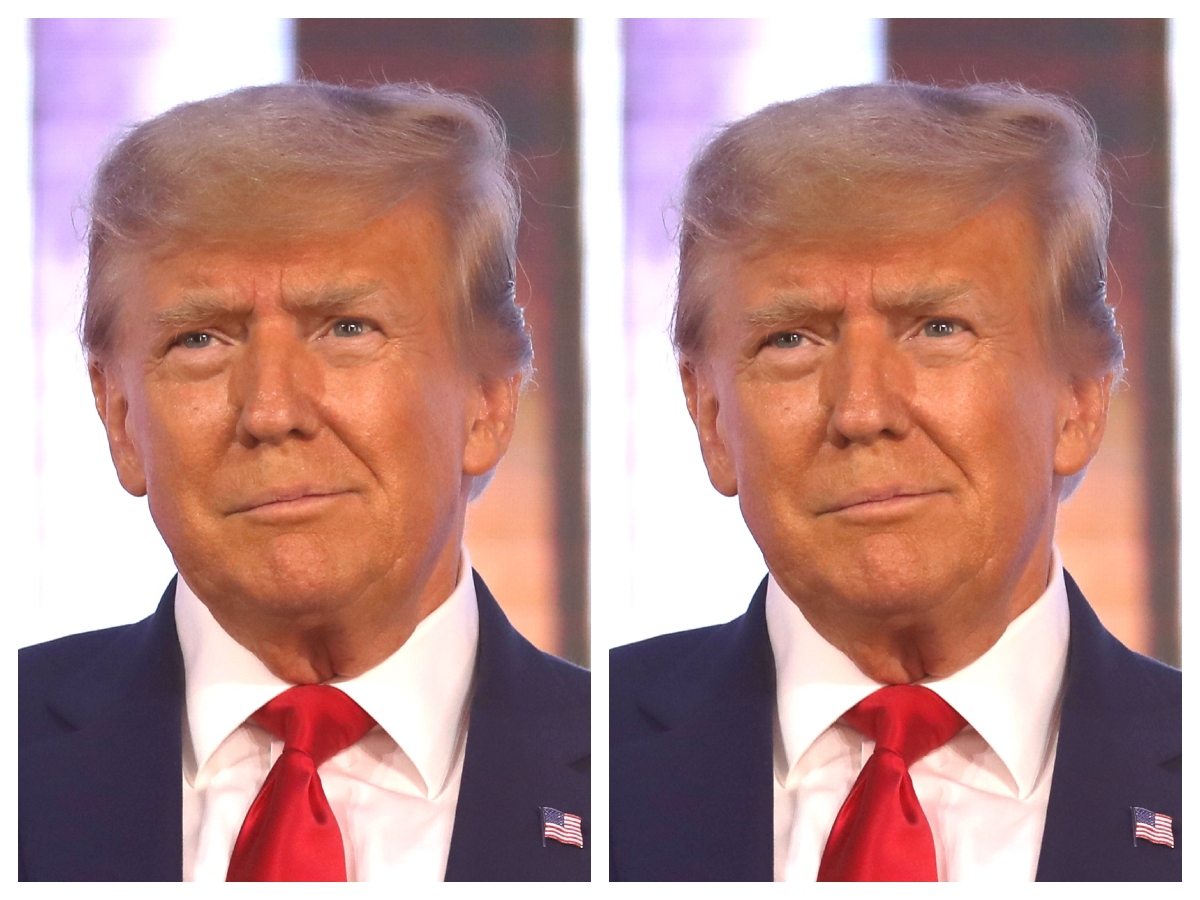The U.S. Chamber of Commerce has taken the Trump administration to court over a newly imposed $100,000 annual fee on H-1B visa applications.
In a lawsuit filed Thursday in Washington, D.C., the Chamber is asking a federal judge to rule that President Donald Trump overstepped his constitutional powers by introducing the fee and to block federal agencies from enforcing it.
The H-1B visa program, a pathway for highly skilled foreign professionals, particularly in the tech industry, has long been used by companies struggling to find specialized talent within the United States. Major technology firms such as Amazon, Microsoft, Apple, and Google rely heavily on these visas. Nearly three-quarters of recipients each year come from India, though the program also covers teachers, doctors, and other critical professionals.
The administration unveiled the new fee last month, contending that many employers were replacing American workers with lower-paid foreign employees. Officials later clarified that the rule would not apply to current visa holders and provided a process for companies to seek exemptions.
The Chamber argues that the fee runs afoul of federal immigration law, which requires visa-related charges to reflect the actual cost of processing applications. The complaint states, “The President has significant authority over the entry of noncitizens into the United States, but that authority is bounded by statute and cannot directly contradict laws passed by Congress.”
Defendants named in the suit include the Department of Homeland Security, the State Department, and their cabinet secretaries.
Before the new policy, most H-1B applications cost less than $3,600, according to Chamber estimates. The organization warns that the drastic fee hike could cripple industries reliant on specialized talent. “If implemented, that fee would inflict significant harm on American businesses, which would be forced to either dramatically increase their labor costs or hire fewer highly skilled employees for whom domestic replacements are not readily available,” the complaint adds.
The administration has indicated that the $100,000 charge is temporary, set to expire after one year unless the government decides to extend it “in the interest of the United States.”
H-1B visas are typically distributed through a lottery system. This year, Amazon received the most approvals, exceeding 10,000, followed by Tata Consultancy Services, Microsoft, Apple, and Google. California continues to host the largest share of H-1B workers nationwide.
While business leaders view the program as vital to U.S. innovation, critics argue it has been misused. They claim that companies often allocate H-1B visas to entry-level positions rather than to roles requiring rare expertise, allowing employers to pay lower wages by classifying skilled workers at the lowest experience levels.










